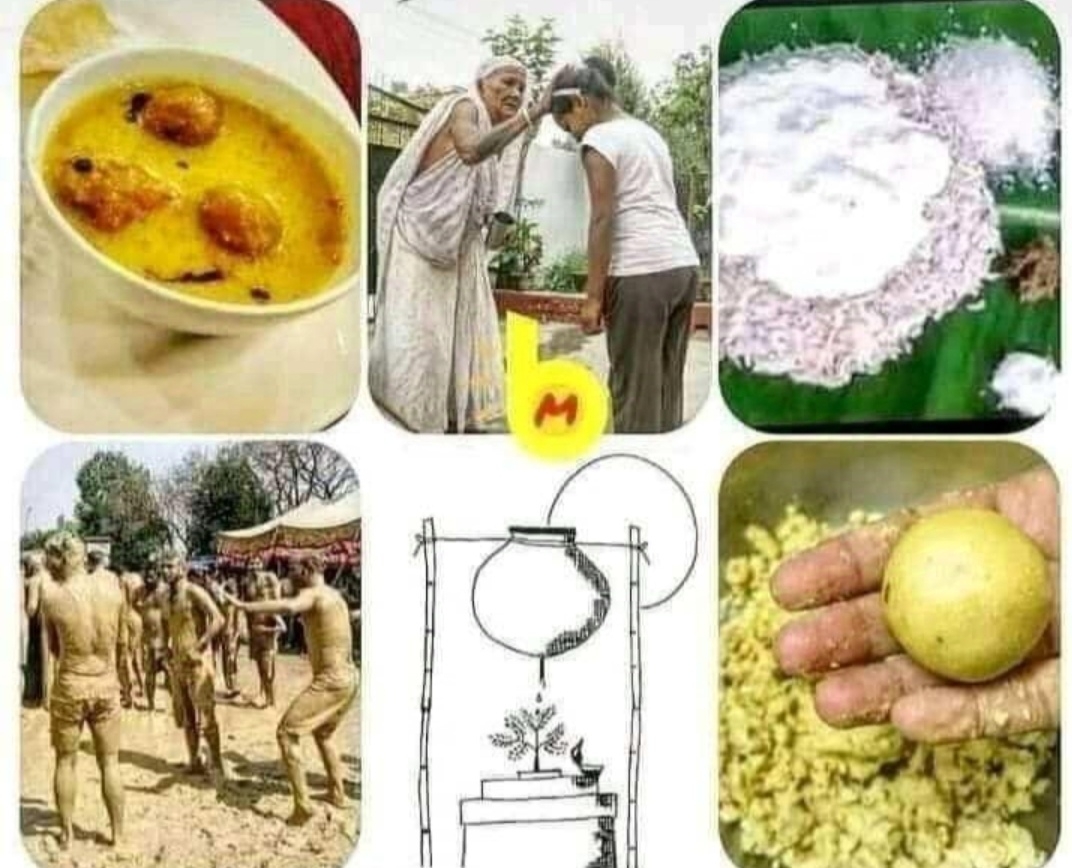Great revolutionary Ujjwala Majumdar (21 November 1914- 24 April 1992)
Great revolutionary Ujjwala Majumdar (21 November 1914- 24 April 1992)
There were many such brave women in the Indian freedom struggle who not only did courageous acts, but also did not hesitate to sacrifice their lives for the independence of the country. One such great revolutionary was Ujjwala Majumdar, whose life is an example of sacrifice, patriotism and indomitable courage. This brave woman of Bengal openly challenged the British Empire and played an important role in revolutionary activities.
Early life and background:
Ujjwala Majumdar was born on 21 November 1914 in Dhaka (now Bangladesh) of the then undivided India. Her family was associated with nationalist ideology and due to this she got the values of patriotism and revolution since childhood. She received her early education in Kolkata and in her adolescence, inspired by the events of the freedom movement, jumped into revolutionary activities.
She was inclined towards organisations like Jugantar Dal and Deepali Sangh, which were trying to liberate India through armed revolution.
Revolutionary activities:
Ujjwala Majumdar participated in many underground movements as an active member of Bengal Volunteers and Deepali Sangh. She was a prominent member of the Women's Revolutionary Organisation. She fearlessly carried out risky tasks like smuggling of arms, exchanging secret messages, bomb manufacturing and training.
On 8 May 1934, she indirectly participated in the plan to throw a bomb on Bengal Governor Anderson. Although she was in Siliguri at that time, the police arrested her considering her an accomplice in this conspiracy.
Arrest and imprisonment:
On 18 May 1934, she was arrested by the British government and was sentenced to life imprisonment by the special tribunal. She was kept in the Presidency Jail and later in other jails, where she educated other women prisoners in the jail and awakened the spirit of patriotism in them.
She was subjected to inhumane tortures in the jail, but she never revealed the names of her comrades nor did she deviate from her thoughts.
Life after independence:
In 1939, she was released from jail due to the efforts of Mahatma Gandhi and other leaders. After independence, she kept a distance from politics but remained active in education, health, women empowerment and social service.
In 1948, she married revolutionary and writer Bhupendra Kishore Roy. Her life was spent as an example of simplicity and service.
Respect and memory:
Although Ujjwala Majumdar did not get wide national recognition, her name is taken with respect in Bengal and revolutionary organizations. Institutions and social work are going on at many places in memory of her contribution. Her name is inscribed in golden letters in the revolutionary history of Bengal.
Death:
This great revolutionary died on 24 April 1992. She remained dedicated to the nation and society till the last moment. Her life is a living inspiration for the coming generations.
Conclusion:
Ujjwala Majumdar was an unsung but extremely brilliant heroine of the Indian freedom struggle. With her courage, dedication and sacrifice, she proved that revolution is not fought only with weapons, but also with indomitable courage, self-sacrifice and determination.
We should remember her contribution, give her a proper place in the pages of history and keep her thoughts and values alive. This will be a true tribute to her.



टिप्पणियाँ
एक टिप्पणी भेजें